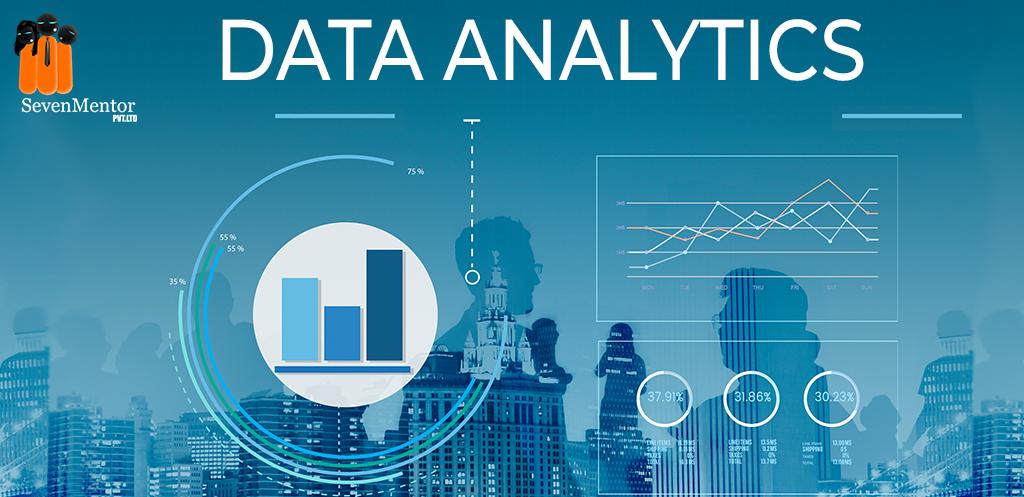Java and Python are both popular programming languages used in the field of big data and analytics, and each has its own advantages and disadvantages. While Python is often favored for its simplicity and ease of use, Java offers several advantages in certain big data and analytics scenarios:
-
Performance:
-
- Java is a statically typed, compiled language known for its performance. It typically executes faster than Python, making it suitable for processing large datasets and performing complex computations in big data applications.
-
-
Scalability:
-
- Java’s scalability and ability to handle large-scale applications are well-suited for big data projects that involve distributed systems, parallel processing, and real-time data processing. Many big data frameworks, like Hadoop and Spark, are written in Java, making it a natural choice for these ecosystems.
-
-
Concurrency and Multithreading:
- Java has robust support for concurrent and multithreaded programming, which is essential for handling concurrent tasks and optimizing resource utilization in big data processing.
-
Integration with Existing Systems:
-
- Java is often preferred when integrating big data solutions with existing enterprise systems, such as databases, enterprise resource planning (ERP) systems, and customer relationship management (CRM) platforms.
-
-
Type Safety:
- Java’s strong typing system helps catch type-related errors at compile time, reducing the likelihood of runtime errors in big data applications.
-
Ecosystem and Libraries:
- Java has a rich ecosystem of libraries and frameworks for big data processing, such as Apache Hadoop, Apache Spark, Flink, and Kafka. These tools provide powerful capabilities for distributed data processing and analytics.
-
Support for Large Datasets:
- Java’s efficient memory management and garbage collection make it suitable for handling and processing large datasets without running into memory issues.
-
Robustness and Reliability:
- Java’s focus on robustness and reliability makes it a good choice for mission-critical big data applications that require high levels of fault tolerance.
-
Security:
- Java offers strong security features, which are crucial in handling sensitive data in big data analytics. Java’s security model includes features like access controls, authentication, and encryption.
-
Community and Resources:
- Java has a large and active developer community, which means there are extensive resources, documentation, and support available for building and maintaining big data applications.
While Java has these advantages in the context of big data and analytics, it’s important to note that Python is also widely used in the field and has its own strengths, such as ease of use, a vast ecosystem of data science libraries (e.g., NumPy, Pandas, and scikit-learn), and rapid development capabilities. The choice between Java and Python often depends on the specific requirements and constraints of a given project and the expertise of the development team. In many cases, organizations choose to use both languages in tandem to leverage the strengths of each for different aspects of a big data solution.
Read More… B Wing , Ground Floor Office No. 10 Shreenath Plaza Dnyaneshwar Paduka chowk, Maharashtra 411005




